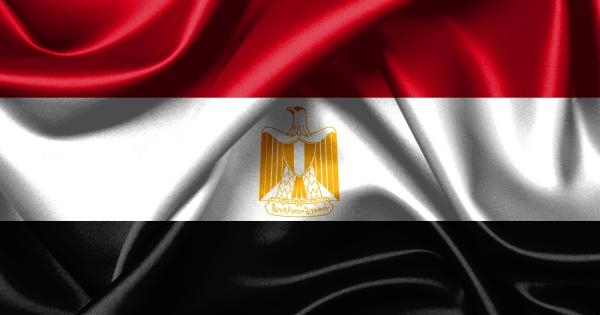Egypt’s economic crisis has weighed on its credit rating after Moody’s changed its outlook to negative instead of stable, but kept the rating at ‘B2’ (B2), warning of a further downgrade The central bank’s foreign exchange reserves could push it down country ranking for the first time since March 2013.
Egypt’s Central Bank’s foreign exchange reserves have fallen 10 percent to $37.1 billion since February last year due to central bank intervention to offset foreign exchange outflows, pay debt service and purchase strategic goods.
Since the beginning of the year, Egypt has seen $20 billion worth of capital (hot money) outflows, especially after the US Federal Reserve began raising interest rates, but it has received about $12 billion in emergency support from the Gulf countries in the form of deposits. and investment, according to Mostafa Madbouli, President of Egypt. Egyptian ministers.
This means a high risk of a decrease in the country’s sovereign ability to absorb external shocks in the light of a significant reduction in foreign exchange reserves to repay upcoming external debt service payments.
While the external position of the economy continues to be supported by large financial commitments made by oil-exporting Gulf Cooperation Council governments and the prospect of a new International Monetary Fund program, Moody’s said tightening global financing conditions increases the risk of weaker outflows than the agency expects.
However, Moody’s pointed to additional risks, including political ones, “particularly in the context of soaring food price inflation, which, if not mitigated, could exacerbate social tensions, according to Moody’s assessment of the importance of social risk to sovereign credit.”
The agency stressed that “the high cost of domestic borrowing, if it persists, will exacerbate liquidity risks and debt sustainability issues that are long-term shortcomings of Egypt’s credit profile.”
Source: El Iktisad
